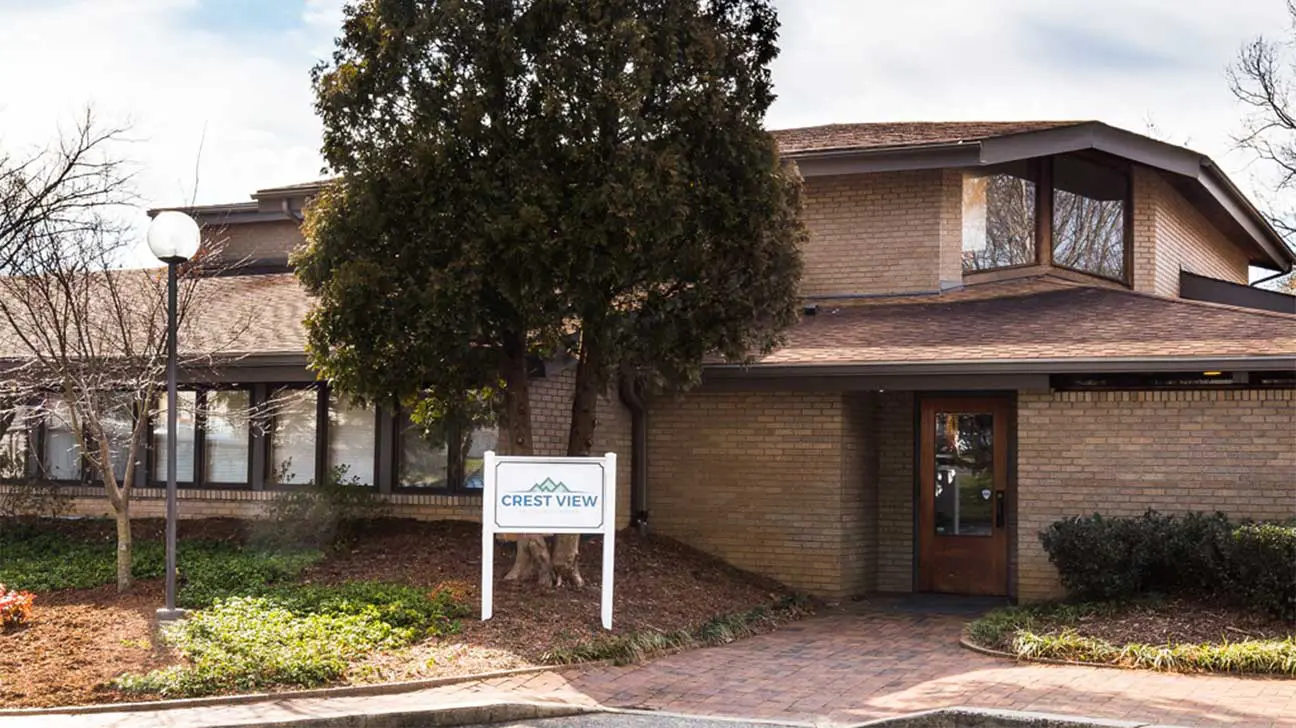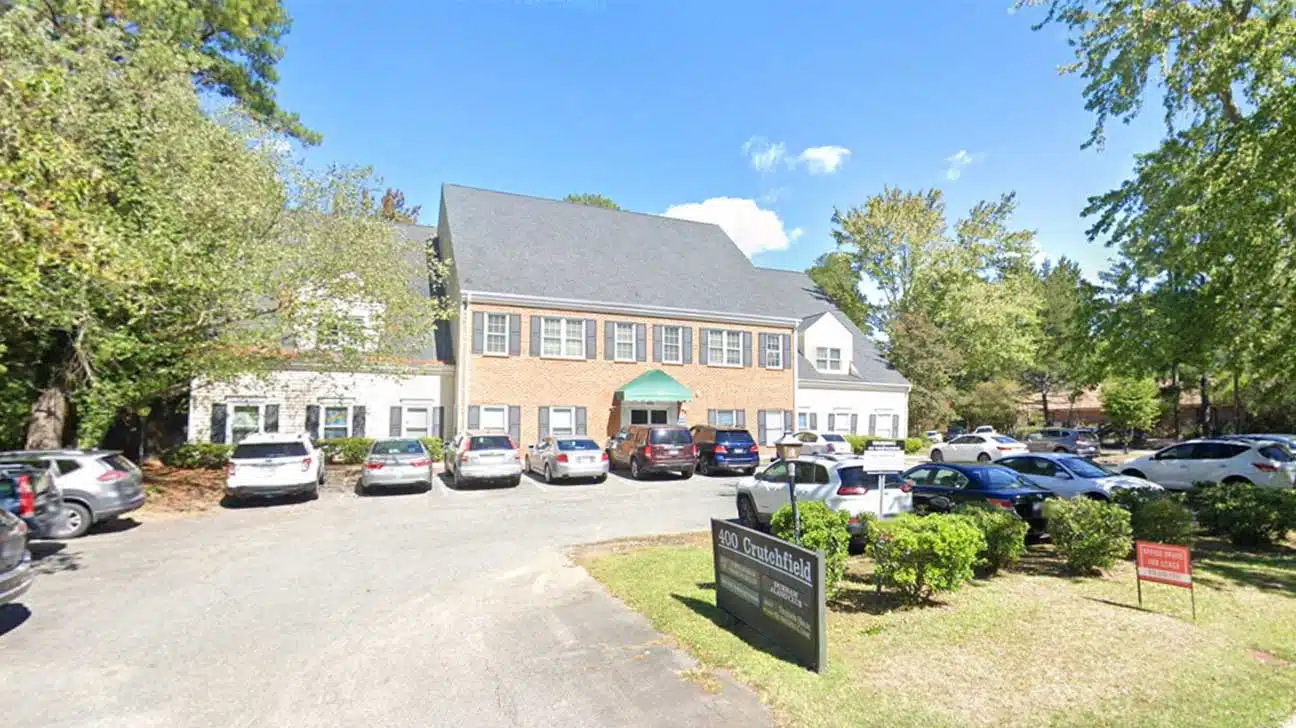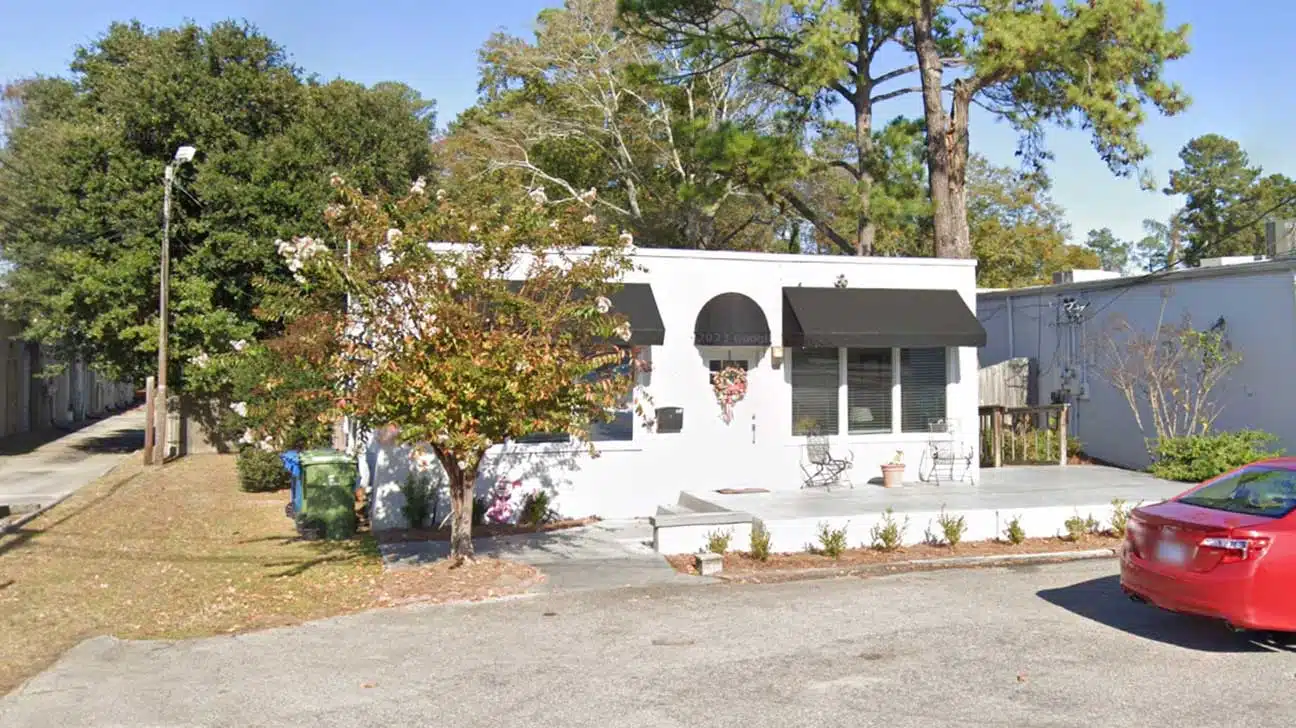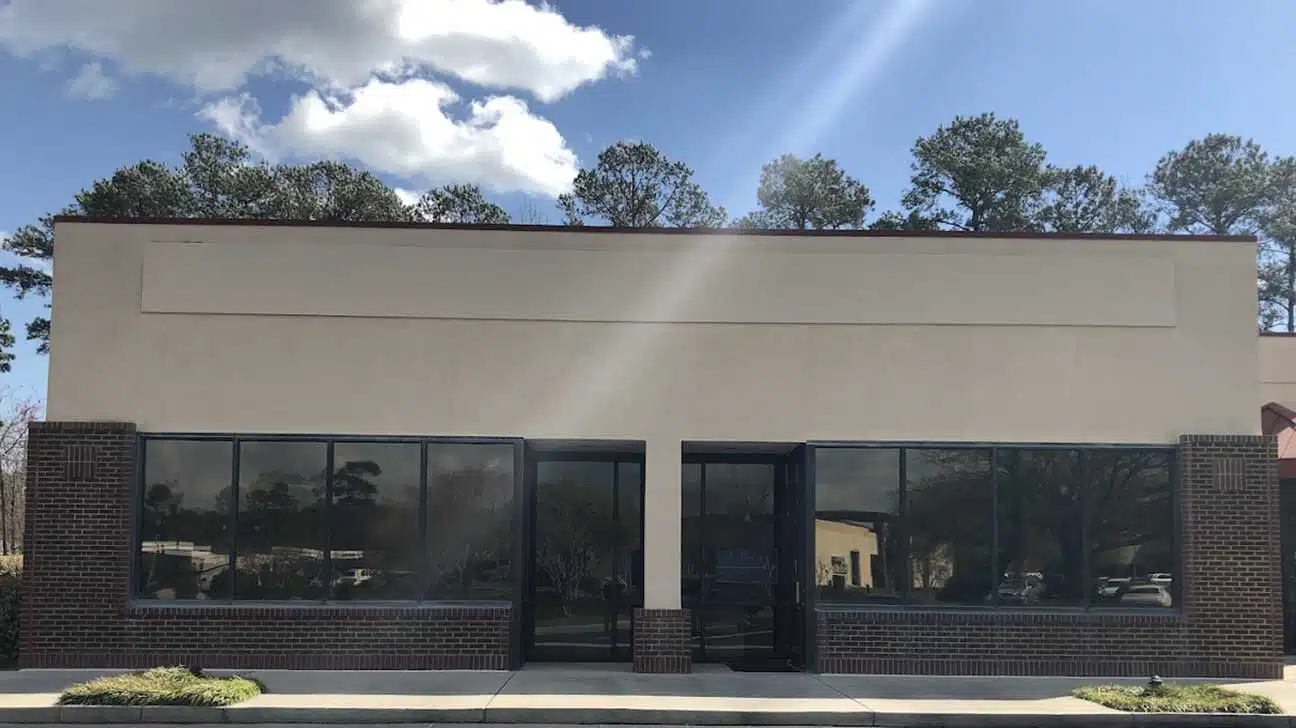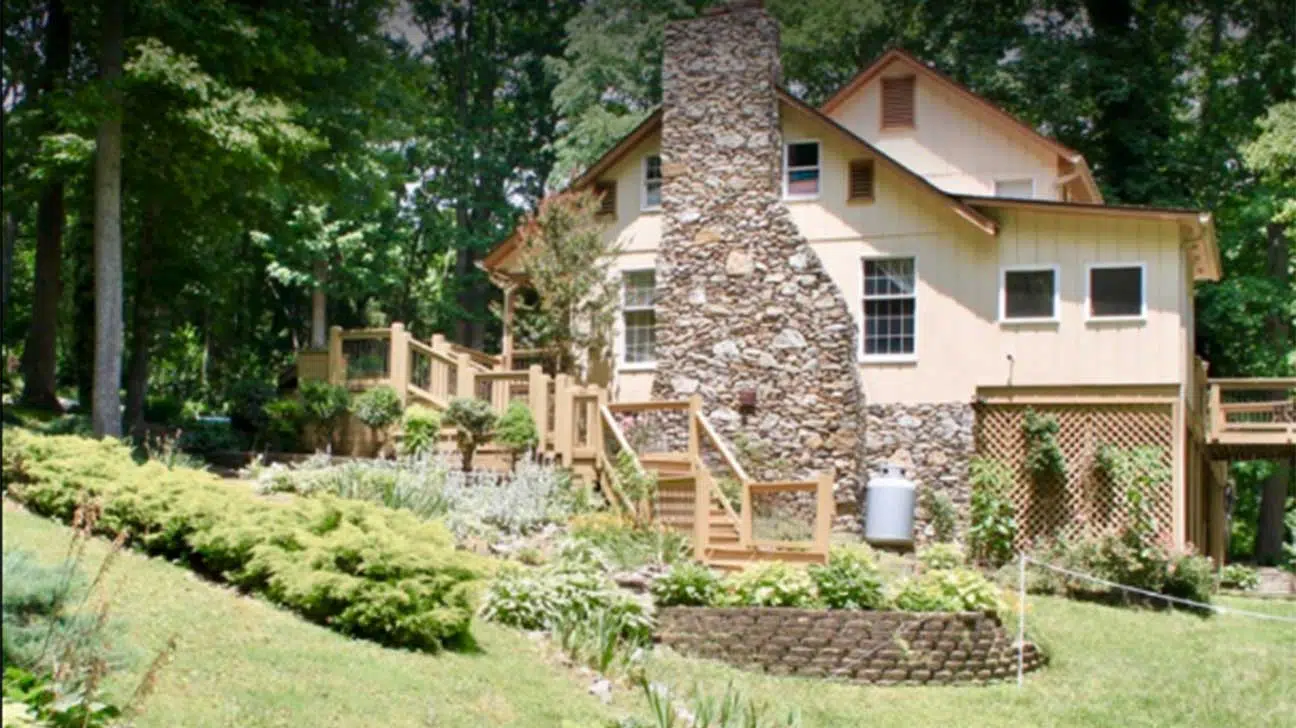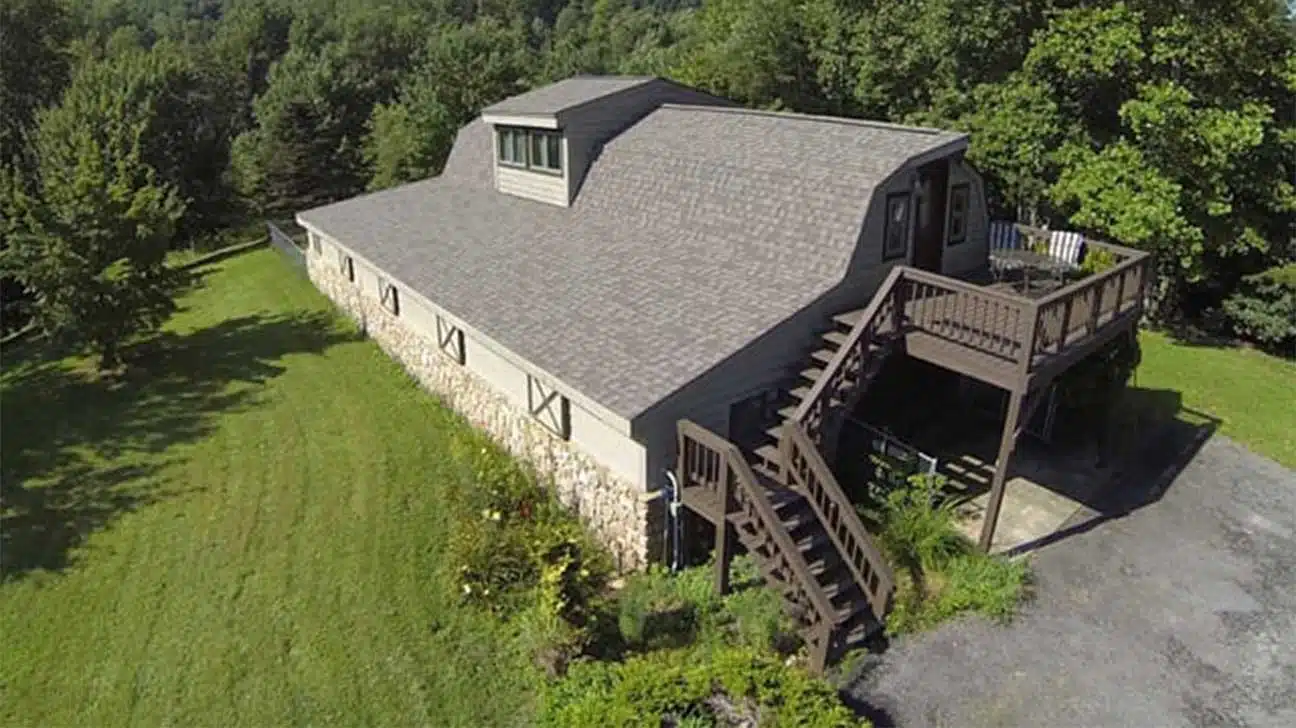
Substance abuse treatment centers throughout the state of North Carolina offer dual diagnosis treatment for adolescents and adults.
A dual diagnosis treatment program helps clients learn to manage mental health disorders while recovering from addiction.
This type of treatment option can be found at multiple different treatment centers throughout North Carolina.
List Of Dual Diagnosis Treatment Centers In North Carolina
North Carolina recovery centers offer high-quality dual diagnosis treatment. Each treatment center on this list is accredited, licensed, certified, or bears other marks of quality.
1. Crest View Recovery Center, Asheville, North Carolina
Crest View Recovery Center offers intensive outpatient and partial hospitalization (PHP) dual diagnosis treatment to adults. It also offers medication-assisted treatment (MAT) and aftercare.
This rehab center in Asheville, NC, utilizes holistic treatment methods alongside dialectical behavioral therapy (DBT) and cognitive behavioral therapy (CBT).
This alcohol and drug rehab facility is backed by:
- Joint Commission accreditation
- 4.4-stars on Google reviews
- evidence-based treatment methods
Location and contact information:
90 Asheland Ave.
Ste. B and D
Asheville, NC 28801
(828) 575-2701
2. Freedom House Recovery Center, Chapel Hill, North Carolina
Dual diagnosis treatment is available for children and adults at this addiction recovery center in Chapel Hill, NC.
This center offers addiction and mental health treatment through intensive outpatient treatment, in-home therapy, and residential programs.
Freedom House Recovery Center is supported by evidence-based treatment methods and accreditation through the Commission on Accreditation of Rehabilitation Facilities (CARF).
Location and contact information:
104 New Stateside Dr.
Chapel Hill, NC 27516
(919) 942-2803
3. Launch Pad Wellness, Wilmington, North Carolina
This rehab facility in Wilmington, NC, treats addiction and co-occurring disorders through a 12-week intensive outpatient program (IOP).
It also has an outpatient treatment program available for continued treatment after completing the IOP.
Launch Pad Wellness offers a faith-based track for the counseling portion of treatment, psychiatric and medical services, and MAT.
Launch Pad Wellness is backed by:
- 4 stars on Google reviews
- Joint Commission accreditation
- evidence-based treatment methods
Location and contact information:
3121 Wrightsville Ave.
Wilmington, NC 28403
(910) 769-6053
4. Lifeline Treatment Center, Wilmington, North Carolina
This addiction treatment center near Leland, NC, has recovery programs with the sole purpose of treating individuals with co-occurring disorders.
Lifeline Treatment Center offers:
- PHP
- intensive outpatient treatment
- sober living homes
- individual, group, and family therapy
This addiction treatment center is supported by a 4.8-star rating on Google, Joint Commission accreditation, and LegitScript certification.
Location and contact information:
5710 Oleander Dr.
Ste. #100
Wilmington, NC 28403
(910) 239-0377
5. Oasis Recovery Center, Asheville, North Carolina
Oasis Recovery Center offers individualized dual diagnosis treatment. The center utilizes behavioral therapies as well as holistic treatment methods such as art and equine therapy.
There are multiple levels of care including residential treatment, IOP, PHP, and sober living.
This recovery center near Hickory, NC, is backed by:
- Joint Commission accreditation
- LegitScript certification
- 4.6 stars on Google reviews
Location and contact information:
191 Charlotte St.
Asheville, NC 28801
(828) 373-1878
6. The Willows At Red Oak Recovery, Asheville, North Carolina
This treatment facility provides high-quality, gender-specific alcohol and drug addiction treatment for women in North Carolina.
It has a large range of treatment options including inpatient and outpatient programs, behavioral therapies, and PHP.
The Willows At Red Oak Recovery offers dual diagnosis treatment programs for mental illnesses such as PTSD, depression, and anxiety.
The Willows at Red Oak Recovery is backed by:
- CARF accreditation
- LegitScript certification
- NAATP membership
- 4.2 stars on Google reviews
Location and contact information:
108 Executive Park
Asheville, NC 28801
(855) 416-5355
Co-Occurring Disorder Treatment Approaches At Rehab Centers In North Carolina
Most treatment approaches to co-occurring disorders or dual diagnosis treatment center on behavioral therapies such as contingency management or CBT.
Some treatment centers will offer medication to treat symptoms of both substance abuse and mental health issues.
Dual diagnosis rehab centers may also incorporate treatment services that are not evidence-based, such as experiential therapy or a faith-based track.
How Common Is Dual Diagnosis In North Carolina?
Across the United States, about 17 million people experience dual diagnosis. About one-third of people with a mental illness have a substance use disorder.
In North Carolina, about 25% of residents experience depression or anxiety, which is less than the national percentage.
Unfortunately, drug overdose deaths per 100,000 people are almost 40, which is more than the national average.
How To Choose A Dual Diagnosis Program In North Carolina
Trying to choose a rehab program at a drug and alcohol treatment center can be difficult. This is especially true when trying to find treatment for a dual diagnosis.
Finding treatment for co-occurring disorders can become easier if you take the following rehab center qualities into consideration.
Specialized Dual Diagnosis Treatment
It is important to locate a treatment center that provides specialized dual diagnosis treatment.
A treatment center may offer behavioral therapy and other therapies that are commonly used to treat addiction but this does not mean they offer dual diagnosis programs.
Use Of Behavioral Therapies
At least one type of behavioral therapy should be utilized in a dual diagnosis program. Many North Carolina programs use more than one kind of behavioral therapy.
You can look for a rehab facility that uses:
- motivational interviewing (MI)
- CBT
- DBT
- trauma-informed therapy
- group, family, and individual therapy
North Carolina Dual Diagnosis Treatment FAQs
If you want to know more about dual diagnosis treatment in North Carolina, read through the frequently asked questions below.
Does Every Rehab Facility In North Carolina Offer Dual Diagnosis Care?
Dual diagnosis care is not available at all alcohol and drug rehab centers in North Carolina.
Therapy and counseling are commonly utilized in addiction treatment, but this is not always dual diagnosis care. You can call a center’s helpline to learn about available mental health services.
What Mental Disorders Can A Dual Diagnosis Program In North Carolina Treat?
Each addiction rehab facility may treat various mental health disorders.
Many of the dual diagnosis drug and alcohol rehab programs in North Carolina treat:
- depression and addiction
- obsessive-compulsive disorders (OCD) and addiction
- developmental disorders and substance use disorder
- anxiety disorders and substance abuse
- PTSD and substance misuse
Can I Choose How Long To Attend Substance Abuse Treatment In North Carolina?
The length of dual diagnosis treatment will vary depending on your addiction recovery needs. These programs can last anywhere from weeks to months.
Common treatment lengths are 30, 60, and 90 days. In some cases, additional treatment at a lower level of care may be necessary after your initial treatment has ended.
Short-term inpatient treatment usually lasts for 30 days or less. Long-term recovery treatment in North Carolina often lasts for 90 days but may last as long as six months to a year.
Will Health Insurance Cover Dual Diagnosis Treatment In North Carolina?
Yes, many national health insurance companies provide coverage for addiction and will work to cover comprehensive treatment plans for co-occurring mental health disorders.
Some addiction treatment programs may also accept government-funded insurance programs such as Medicare, military insurance, or North Carolina Medicaid for substance abuse treatment.
Find A Dual Diagnosis Rehab Center Today
If you or a loved one are battling substance abuse and mental illness, you can find dual diagnosis addiction treatment today. Call us to learn more about starting your recovery journey.
Updated on November 13, 2023
Addiction Resource aims to provide only the most current, accurate information in regards to addiction and addiction treatment, which means we only reference the most credible sources available.
These include peer-reviewed journals, government entities and academic institutions, and leaders in addiction healthcare and advocacy. Learn more about how we safeguard our content by viewing our editorial policy.
- FindTreatment.gov — Treatment Locator
https://findtreatment.gov/results - Substance Abuse and Mental Health Services Administration — Mental Health and Substance Use Disorders
https://www.samhsa.gov/find-help/disorders

